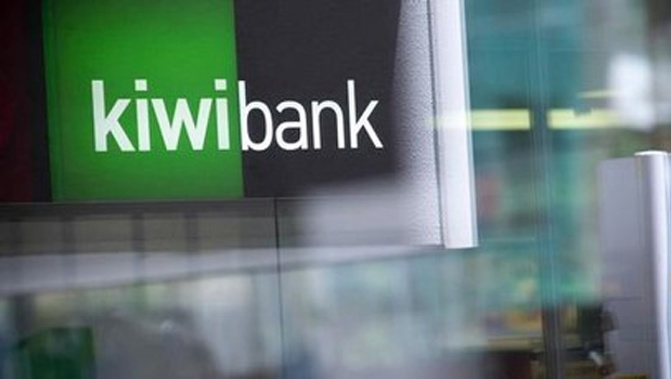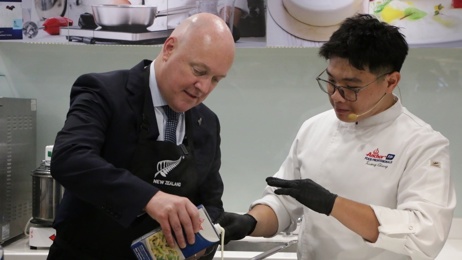
Last week I spoke about Singapore and how it transformed itself from a rat infested fishing village into a super modern cauldron of trade and enterprise. Gleaming towers and efficient infrastructure and how it did it not by following conventional economic philosophy but by just formulating a dream and making it happen any way it can. All that mattered was that what was done was done for Singapore.
So how surprised was I that a similar thing happened in New Zealand this week with the partial sale of NZ Post and Kiwibank to the Super fund and ACC. Combining nationalism and free market philosophy it was a move that even our money trading Prime Minister called elegant.
25 years ago I worked for Alan Gibbs. The ultimate free marketeer. He owned a radio station and I was the business editor. Each week I'd be called into his downtown office while he held court on neo-liberalism and how there was no place for the government in a free market. Time and time again he'd reiterate his mantras. Private good, public bad. Government ownership of assets was bad he'd say. Bad decisions based on politics hamstrung them. They didn't react to the marketplace. They were clumsy and inefficient.
He'd often talk about NZ Rail and how it employed 25,000 people to run a small tin pot operation. It was the unemployment benefit in disguise making the figures better. Good politics bad business. It's hard not to agree with him on that count.
But in the past 25 years I've seen that point of view somewhat debunked. When private ownership took over the railways it asset stripped it so badly the government was forced to buy it back for just one dollar. I saw the initial float of the BNZ unravel. I saw Air New Zealand run into the ground until it was saved and turned into a world best practice by the government shareholder. In the private sphere I've seen venture capitalists do unspeakable things to formerly solvent businesses. Good Morning Mediaworks
Why is this. Why did neo-liberalist philosphy fail to work in those companies. It's because they thought only of short term gain and only in terms of dollars and shareholders and not the wider implications for society and the future.
In Friday's Herald a friend of mine Dr Jane Cherrington was talking about governance with a human touch. She says prevailing boardroom thinking tends to be built on delivering short-term results for the benefit of owners. Dr Cherrington says boards need to ask how they are creating long-term value for the business and community.” She's talking about making businesses that will last and not trying to make a company that can be flicked off as soon as possible and turned into baches and boats and bonuses for the few.
The Kiwibank deal does that. NZ Post gets capital to make the changes to make it work. Kiwibank gets access to equity so it too can grow. None of it from the taxpayers. In fact the taxpayers get a 300 million dollar bonus, presumbale to spend on reforming CYFS (yeah right). The super fund and the ACC get access to a good little earner to help pay for our pensions and healthcare. And the whole kit and kaboodle stays in New Zealand's hands.
Under the neo-liberalist free market playbook this is a bad deal and you'll hear people saying that. “We could have sold it all off overseas for more”, which is true but short sighted and ultimately naive. We could have done that but then in a decade the moneys gone and we’d have nothing. Economic theory has to be more advanced than Private good, public bad.
This is a genius deal Michael Cullen. It has bones built on free markets and trade but still protects New Zealand Inc. It has an eye not just on the shareholder but the customers and society. It's sort of a neo liberalism with a human heart. I like it. Maybe it's the infamous third way that people have been searching for.
Take your Radio, Podcasts and Music with you









